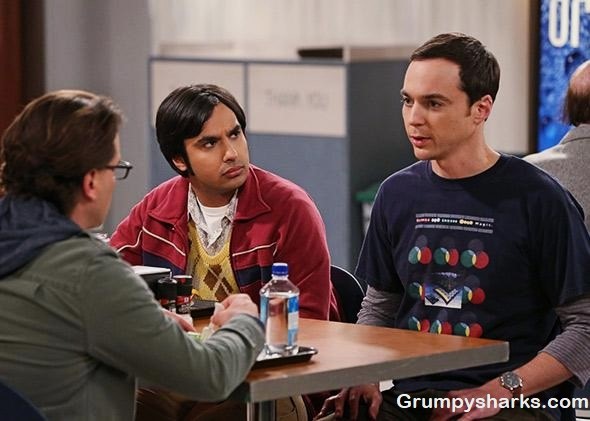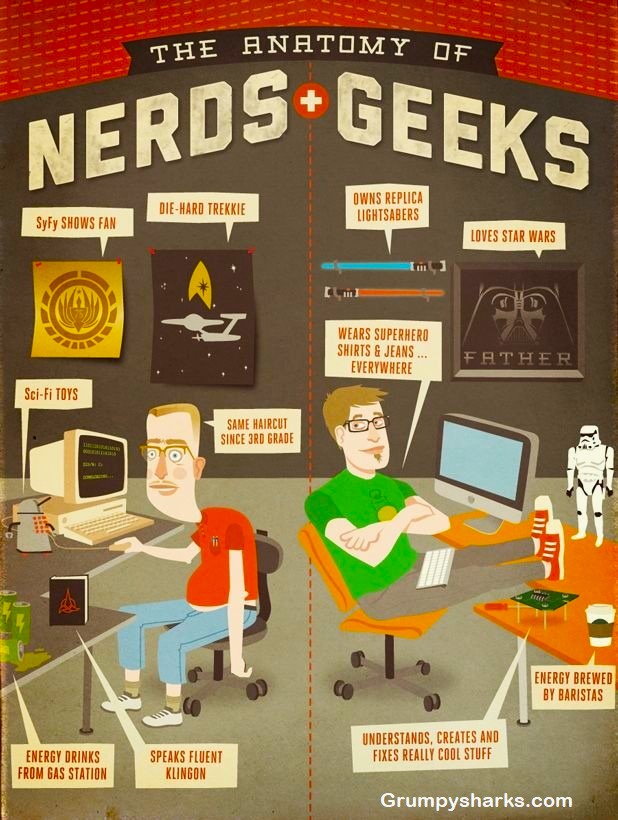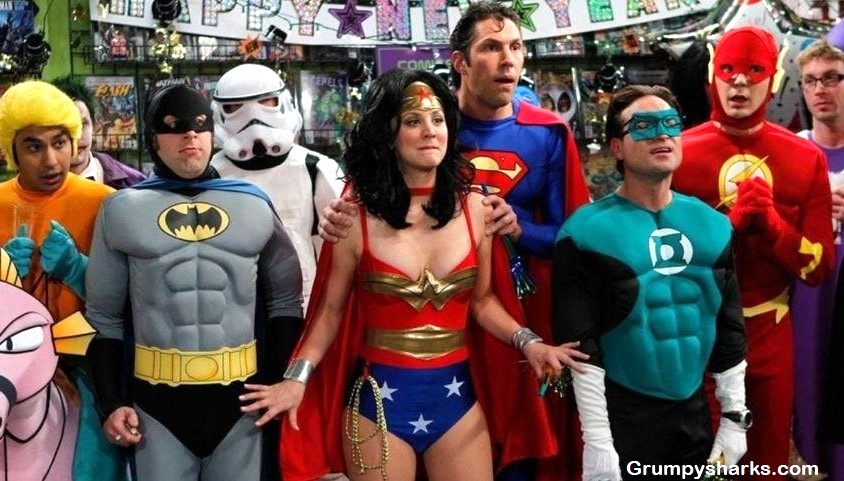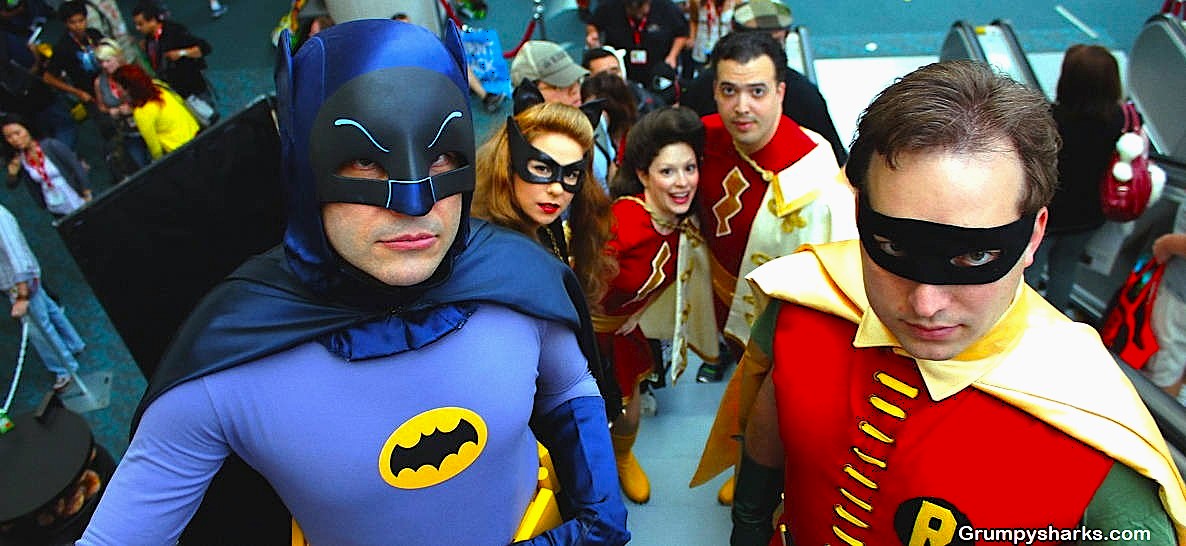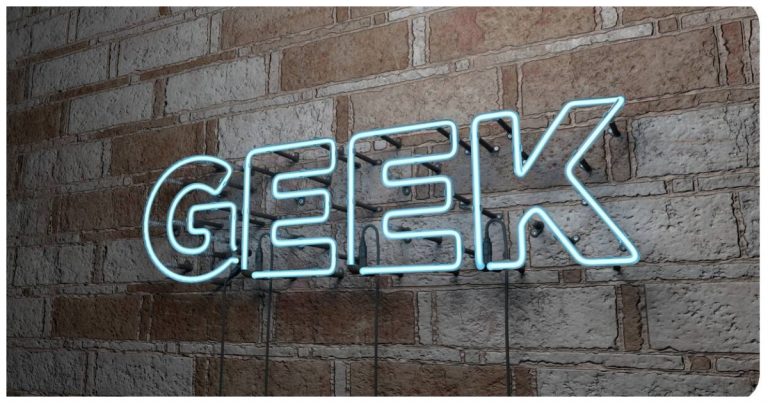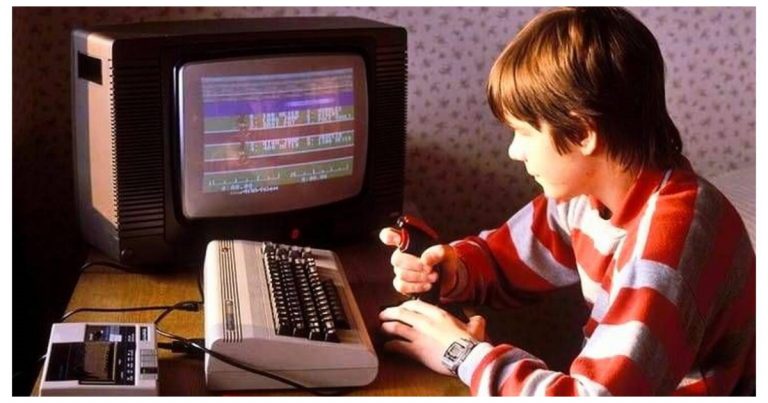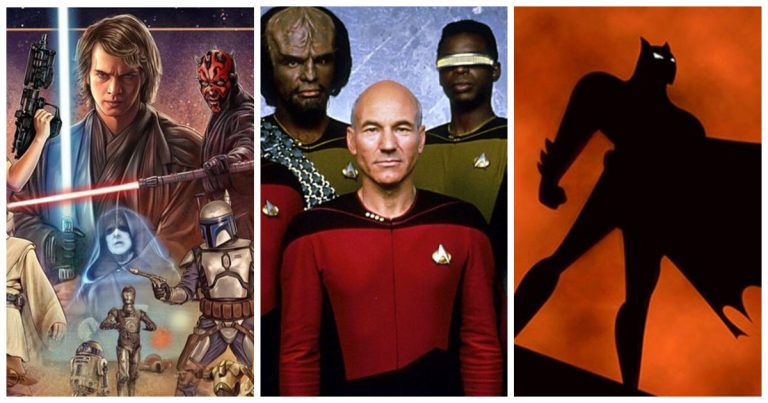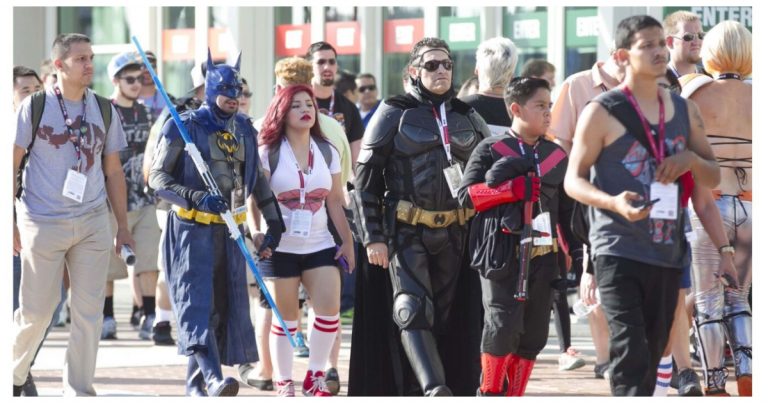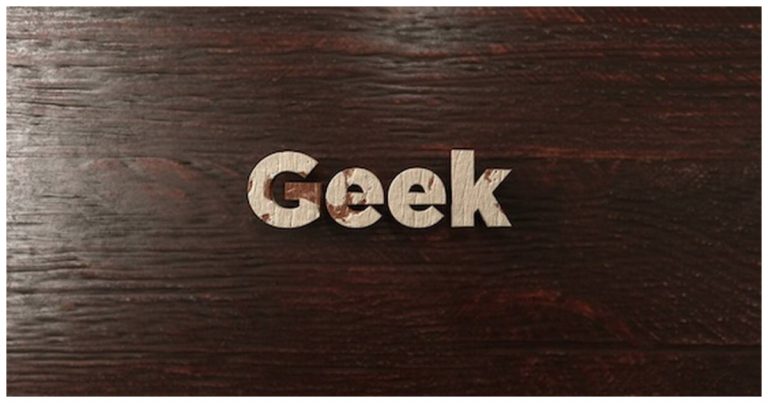Geek Culture Explained: What It Means, Where It Came From, and Why It’s So Popular Today
Geek culture isn’t just about loving sci-fi, gaming, or collecting comic books. It’s about diving deep into the things you care about and finding a community that gets it. Over the years, what was once considered niche or even “uncool” has grown into a major cultural movement influencing everything from Hollywood blockbusters to tech innovation and fashion.
The Grumpy Sharks team takes a closer look at what geek culture really means, where it all started, and why this once-overlooked world is now front and center in how we connect, create, and celebrate what we love.
#1 What Is Geek Culture?
Geek culture is all about being really into something, whether that’s superheroes, sci-fi movies, video games, comics, or tech. It’s not just casual interest. It’s the kind of passion where people learn every detail, talk about it for hours, collect things, and connect with others who feel the same.
Years ago, being called a “geek” wasn’t always kind. But now? It’s something people proudly call themselves. Geek culture has grown into a huge, welcoming community where being excited and a little obsessive is totally okay. It’s about diving deep into the things you love and finding people who love them just as much.
Some of us have been in fandoms for decades, waiting in lines for midnight releases, joining obscure forums, and meeting friends through shared obsessions. Geek culture isn’t just a hobby for us. It’s where we’ve found our people.
#2 How Geek Culture Differs from Nerd Culture?
People often use “geek” and “nerd” like they mean the same thing but they come from different roots and reflect different passions.
Geeks are usually known for their deep love of pop culture. Think sci-fi movies, video games, anime, comic cons, cosplay, or building custom PCs just for fun. Geek culture is driven by fandom, creativity, and excitement for fictional worlds or tech-driven hobbies.
Nerds, on the other hand, are more focused on academic or intellectual interests. They might be into math, science, literature, or solving complex problems. Nerd culture often leans more toward knowledge for knowledge’s sake.
The line between the two has blurred over time, many people proudly identify as both. But at the heart of it, geeks celebrate what they love, and nerds celebrate what they know.
We joke about this all the time. Nerds dig into how things work. Geeks dive into what they love. One of us codes for fun. Another writes fanfiction. It’s two sides of the same passionate coin.
#3 Where Did Geek Culture Come From?
The term “geek” started off in a shocking way. In the early 1900s, it referred to a carnival sideshow performer—someone whose act included biting the heads off chickens, snakes, or rats to draw crowds. This meaning came from carnival slang, evolving from the Low German word geck, which meant “fool” or “simpleton”.
Over the years, the meaning of “geek” changed—slowly but completely. By the mid-20th century, it had shifted from carnival insult to a way of mocking people who were socially awkward, overly academic, or obsessed with offbeat interests. But everything started to flip in the 1980s and ’90s. As computers, video games, and fandom culture grew, so did a new kind of geek, someone deeply curious, wildly passionate, and often ahead of the curve.
Today, that word isn’t an insult. It’s a badge. Being a geek means you care deeply, learn endlessly, and belong to a culture built on creativity and shared passion. From its sideshow beginnings to its rise as a cultural identity, the story of “geek” is one of the internet age’s most surprising glow-ups.
Some of us still remember being the only kid in class who liked anime or spent weekends reading comics. Back then, it felt small and hidden. Now, it’s everywhere. We’ve watched it grow, and we’ve grown with it.
#4 Why Geek Culture Is So Popular Today?
Geek culture is growing because more people are finally getting into the things that used to be ignored or made fun of. Comics, video games, sci-fi, and tech aren’t just niche interests anymore. They’re part of everyday life, from classrooms to movie theaters to online communities, what was once seen as “weird” is now widely accepted and even celebrated.
People are no longer afraid to show what they love, and geek culture gives them a space to do exactly that. It’s fun, it’s connected, and most of all—it makes people feel like they belong.
1. Geeky Things Are Now Mainstream
Things that used to be “for geeks” are now loved by everyone. Marvel movies, Star Wars, anime, video games, and even esports are part of everyday entertainment. What was once a small fanbase has grown into a global audience. People don’t just enjoy these things. They celebrate them, wear them, and share them proudly.
2. Tech Is Everywhere—and So Are Geeks
We live in a digital world. Many people grew up with smartphones, gaming consoles, and the internet. That means being into tech, coding, or online games isn’t strange anymore. It’s normal. Geek culture fits right in with how we live, work, and connect today.
3. Online Spaces Help Fans Connect
You don’t need to go to a comic con to meet other fans. Now, you can join a Discord server, stream on Twitch, or post on Reddit. These platforms let people from all over the world come together to talk, create, and share what they love. Geek communities are easier to find and stronger than ever.
4. It’s More Welcoming Than Before
In the past, geek spaces could feel closed off or exclusive. That’s changing. Today, more women, people of color, LGBTQ+ fans, and creators are part of the conversation. Geek culture is becoming more open, more diverse, and more powerful because of it. There’s room for everyone now and that’s a big reason why it’s thriving.
It’s simple. People love stories, community, and being part of something. We’ve seen co-workers, parents, even strangers on the train wearing the same fandom pins we’ve had for years. Geek culture caught on because it speaks to something real.
#5 What Is the Economic Power of Geek Culture?
It’s massive. Geek culture has transformed from a niche interest into a multi-billion-dollar industry. From blockbuster movies and bestselling games to fan conventions and collectibles, it’s not just influencing the market. It’s helping drive it. What started as a subculture now fuels some of the most profitable sectors in entertainment and tech.
1. Billion-Dollar Franchises and Blockbuster Films
Franchises once considered “geeky” now dominate the global box office. The Marvel Cinematic Universe alone has earned over $28 billion, while Star Wars, Harry Potter, and The Lord of the Rings continue to generate revenue through reboots, spin-offs, and licensing deals. These once-niche stories now anchor entire studio strategies.
2. Gaming Industry Growth and Streaming Influence
The video game industry has exploded, outpacing music and film combined in revenue. Titles like Minecraft, Fortnite, and Elden Ring are global hits, and platforms like Twitch, YouTube, and Kick have turned gameplay into entertainment. From livestreamers to esports leagues, gaming isn’t just play.
3. Merchandising, Cosplay, and Convention Revenu
Geek culture shows up in real life too, through merch sales, cosplay, and conventions. From Funko Pops and collector gear to fan-made art and costumes, fans spend billions each year. Major events like San Diego Comic-Con attract tens of thousands and boost local economies, proving the fan base isn’t just engaged.
We’ve supported indie games, backed artists on Kickstarter, and lined up early for exclusive releases. It’s not just about spending. It’s about supporting what you care about. And clearly, millions of people do.
#6 FAQs About Geek Culture
1. Is geek culture the same as pop culture now?
Not exactly—but they overlap more than ever. Geek culture has become a big part of pop culture, thanks to things like superhero movies, anime, and video games going mainstream. That said, geek culture still holds onto its roots: deep fandom, niche interests, and a strong sense of community. Pop culture is broad. Geek culture goes deep.
2. How can someone get involved in geek communities?
Start with what you love. Whether it’s gaming, comics, sci-fi, or tech, there’s a community out there for it. Join online forums, Discord servers, subreddits, or local meetups. Attend a convention, try cosplay, or play tabletop games with others. Geek communities are everywhere—and most are incredibly welcoming once you show genuine interest.
3. What are some must-watch shows or games in geek culture?
There’s no official list, but a few titles have become cornerstones. For shows: Stranger Things, The Mandalorian, Doctor Who, Avatar: The Last Airbender, and The X-Files. For games: The Legend of Zelda, Mass Effect, Final Fantasy, The Witcher, and Dungeons & Dragons for tabletop lovers. These aren’t just entertainment—they’re entry points into huge, passionate fandoms.
4. Can geek culture be considered a lifestyle?
Absolutely. For many people, geek culture goes beyond hobbies.It influences how they dress, what they watch, who they connect with, and how they spend their free time. It’s not just about what you like; it’s about how deeply you engage with it. From daily fandom chats to careers in game design or cosplay, geek culture can shape more than just taste.
#7 Conclusion
What was once a punchline is now a global force. Geek culture didn’t just survive. It turned quiet obsessions into billion-dollar industries, lonely fans into thriving communities, and niche passions into a new kind of cool.
This culture runs on heart. It’s built by people who care deeply, who know every storyline, build their own worlds, and light up when they find someone who speaks their language. It’s not about fitting in. It’s about finding your people and loving what you love without apology.
At Grumpy Sharks, we don’t just observe geek culture. We live it and if there’s one thing we’ve learned, it’s this: when passion meets community, it creates something unstoppable.

